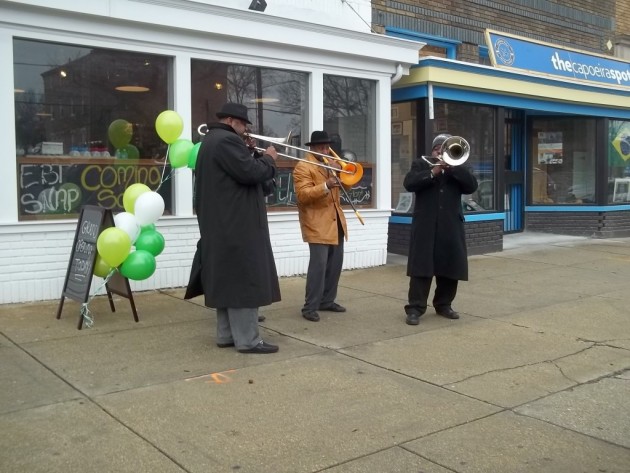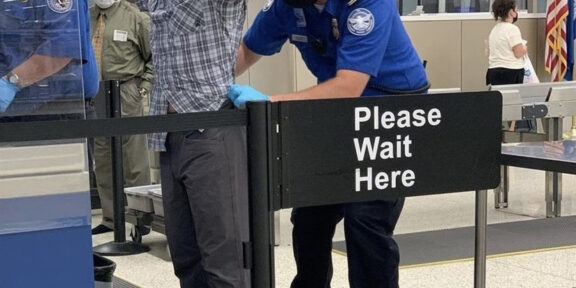GENERAL HOSPITAL WITH $400 MILLION PRICE TAG
Leadership for Howard and the Global Community is the motto of Howard University and now the nation’s largest black college is embarking on new educational and medical ventures to service the Washington, D.C. community.
Howard University recently announced the opening of the Howard University Middle School of Mathematics and Science, also known as (MS)2 for sixth graders. This announcement comes on the heels of news that Howard University Hospital is building an additional hospital in Southeast D.C. to replace DC General Hospital, which Mayor Williams closed in 2001.
Starting Fall 2005, the public charter school, with a specific focus on mathematics and science, will begin with approximately 120 sixth grade students. The school is the first component of the University’s planned Interdisciplinary Science and Engineering Center. The charter school hopes to expand with additional grades each year. Classes will be held on Howard’s campus, with many of them being located in the Human Ecology building on the college’s main yard.
Statements from the school say that the charter school will feature a longer school day and accelerated instructional programs designed to prepare the sixth graders for college and careers in math, science and engineering. The school is to include after-school enrichment activities developed by Howard faculty and staff. Other benefits include low student to teacher ratios and technology-related learning opportunities for parents. Parent involvement is crucial for student’s success.
Javon Clark, a Howard University student and secondary education minor, said,
"I am excited about the new middle school being located on campus. I hope student teachers will get to observe the classroom environment." He also said that the students will likely benefit from having Howard teachers and being around college students on campus.
________________________________________________________________________________________________________________________________________________________________
Howard is working with the D.C. city council on a proposition for a 230-bed hospital to replace the old D.C. General Hospital in Southeast. The hospital is proposed to cost $400 million, which is to be split equally between Howard and the city. The city would generate about $100 million by selling the old convention center site or by dedicating sales tax revenue from that site to the hospital.
Another $100 million would be raised through revenue bonds issued against the medical center. Howard University has not disclosed where its $200 million investment will come from, but planned expenses include staffing and medical equipment needs, while the city handles land planning and construction matters.
Although the hospital is likely to be located in the low-income neighborhood, it is being designed to handle the needs of all District residents. The hospital is to feature a first-class trauma care center and other special services. City councilmen have stressed that they want the hospital to cater to all patients regardless of income level or if they have insurance.
Last month Mayor Williams said in a news conference, "This is not a poor man’s hospital. This will be a hospital of national prestige that happens to be on this site."
Howard currently operates the Howard University Hospital on 2041 Georgia Ave. with 480 beds and the new medical center is to be constructed at Massachusetts Ave. and 19th Street, SE.
The Washington Post reported that some council members felt uncertain if Howard could operate the new hospital and the current hospital without additional public funds.
Despite the opposition, President Swygert has said that he believes the plans for the new hospital are feasible. He added that the hospital would incorporate the most important and advanced technology and both facilities would be used as a teaching hospital for Howard University students.
"We don’t need another hospital for people with insurance and with means," said council member David A. Catania, chairman of the council’s Health Committee. "I don’t want to build a poor-quality hospital. I’d like to see a hospital that serves poor people, smaller and directed at the uninsured."
Swygert and the Williams administration both believe that the hospital could open its doors before spring 2008 and are proposing a bill to authorize the new hospital later in April 2005.




